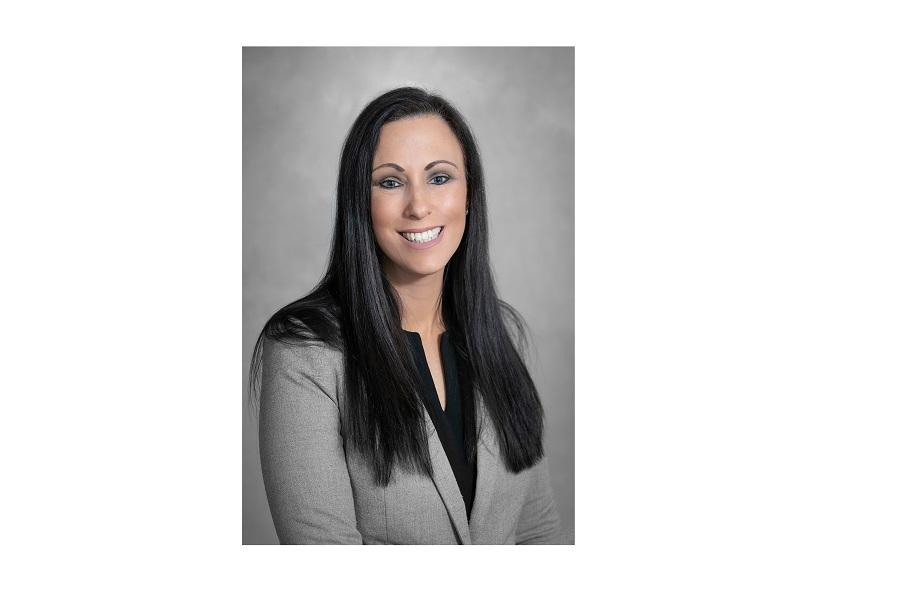
Bridging the digital distance for clients
There’s been much debate about clients – in particular those who are parents – having concerns with the way cases are managed in a virtual court set up.
A study carried out in September by the Nuffield Family Justice Observatory received more than 1,300 responses, with 88% of parents concerned about how their case was dealt with; 66% feeling that their case had not been dealt with well and 40% saying they had not understood what happened during the hearing.
Reflecting on our own experience as family law specialists, I find these figures quite surprising, though I accept that initially it was a very steep learning curve for lawyers and clients.
Having previously practised in criminal law, I was used to the virtual experience through representing clients in prison who appeared by video link. The virtual court process has to be made clear for clients from the start, with checks in place to ascertain they have grasped what will happen.
We have a Paralegal run a Teams test with every client to make sure they understand the technology and that everything is working. The lawyer’s role, as always, is to explain clearly what is involved. A traditional in-person hearing comprises discussions in a side room, the actual hearing, and follow ups in a side room. A virtual hearing should follow the same pattern.
For victims of abuse and intimidation there’s a benefit in being able to turn their camera off. As careful as everyone in an actual court and even with screens in place in the court room, there is always a chance that a victim will pass near their abuser.
If a client cannot manage a virtual hearing from home, say victims of domestic abuse who have had to flee or someone without access to technology, we provide a safe option for them. Our offices in Exeter and Plymouth have a dedicated client ‘clean room’, sanitised between uses. Whilst we are usually in another room, if needed we can physically be with a client, especially the most vulnerable. Although there is a Perspex screen between lawyer and client for protection, the client has the comfort of having the lawyer by their side.
Virtual hearings present some big pluses for clients and lawyers. In court, the client often sits behind their lawyer or barrister and cannot communicate apart from passing notes. This can be disruptive and others in court can see notes being passed. In a remote hearing we have two monitors, one of which can be used for emails. A client can email their lawyer, in essence being able to talk to them whilst the hearing is going on. In a ‘real’ court the lawyer might have to ask for an adjournment to access documents in a case file. In a virtual court we have access to the whole case file digitally, so relevant documents can be emailed to the Judge and shared with the other party.
Clients who have never been to a court might not realise that a digital experience can be far less daunting than attending a hearing in court. With a remote hearing the client can be sat on their sofa, in their safe space with a calming cuppa. However, occasionally it is difficult to maintain the gravity of a court in terms of manipulation. In one of our cases the ex-husband kept complaining he couldn’t see anyone or hear anything. Finally, the Judge told him that if he couldn’t sort it out, he would have to physically attend court. As if by magic, the tech started working!
I can understand it will be difficult for an unrepresented person to comprehend the process; certainly, in telephone hearings they could be overlooked and unheard as the Judge and legal representative of the represented party conduct the proceedings. If we as lawyers are aware of such a situation, we should assist the unrepresented party to make sure that they understand, and invite the Judge to explain. This will only assist the progression of the case.
We have been working this way for months and cases coming through now will generally only have ever been virtual, so we really should be able to manage a client’s virtual court experience positively. There are challenges, especially in complicated cases involving mothers and newborns, or where someone is trapped at home with an abuser – but these were challenges even before Covid-19.
I predict in the long-term we’ll see a return to physical court hearings for evidence giving, with housekeeping elements continuing to be managed virtually. Whatever happens, it’s crucial we ensure that a client feels confident in their representation, their experience with court and the technology used. It’s our job to help the client with this, and this aim needs to become ingrained within the ethos of empathy in every family lawyer.
Rachel Buckley is a Solicitor and Business Development Director at The Family Law Company, Exeter










